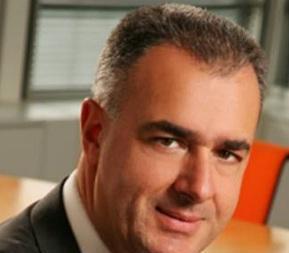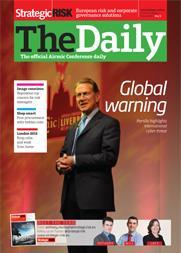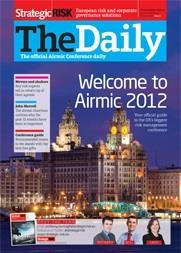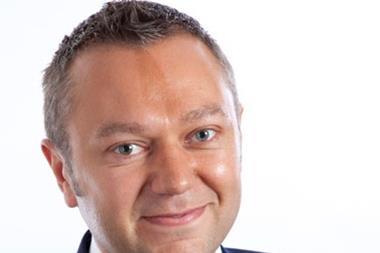A number of issues still need addressing, say experts

A global compliance database would have to overcome major practical issues, according to experts in the insurance industry.
Yesterday Airmic announced plans to create a global platform in partnership with Aon, Marsh and Willis that can be accessed by the global insurance sector to be updated in real time and offer cross-border consistency and transparency for regulatory compliance issues.
Praveen Sharma, global insurance regulatory and tax expert at Marsh, told StrategicRISK: “What we are trying to achieve is a consistent compliance framework. A set of base level principles need to be set in place and Airmic is hoping to produce this toolkit in the coming months.
“However we have to agree with the service providers how it will be funded and what is the basis of the legal, monitoring and maintenance structure going forward. There are many unknowns we need to address,” he added.
Insurers agree the idea in principle is a good one, but are concerned about who or which organisation would be responsible for the data. RSA global business director, commercial, Paul Greensmith, told StrategicRISK: “I don’t have a problem with Airmic running the database and insurers putting data forward. My concerns are how many businesses will place the information, who updates it, and if the information is incorrect, who picks up any legal bill which might result from this error?
“The provision doesn’t have to be expensive, it is more about practicalities,” he added.
Sharma says factual errors and misinterpretations of specific regulation in different countries are potential problems going forward. “If the market has interpreted a piece of regulation in one way, but the country’s regulator sees it in a different way, there could be legal issues. If the information is incorrect, the insurer must show clarity has been followed through and the market must agree next steps.”
One example he cites is language and cultural translations. “In Belgium I found a clause which translated as “technological accident issues”. The client asked me what that meant and I had to admit I don’t know, and still don’t know, what that actually means. Ghana is another area where the language is difficult to translate,” Sharma says.
Airmic chief executive John Hurrell says the database “is no longer theoretical” and the association has begun a formal tender process of service providers and will give more updates over the next six months.




















No comments yet